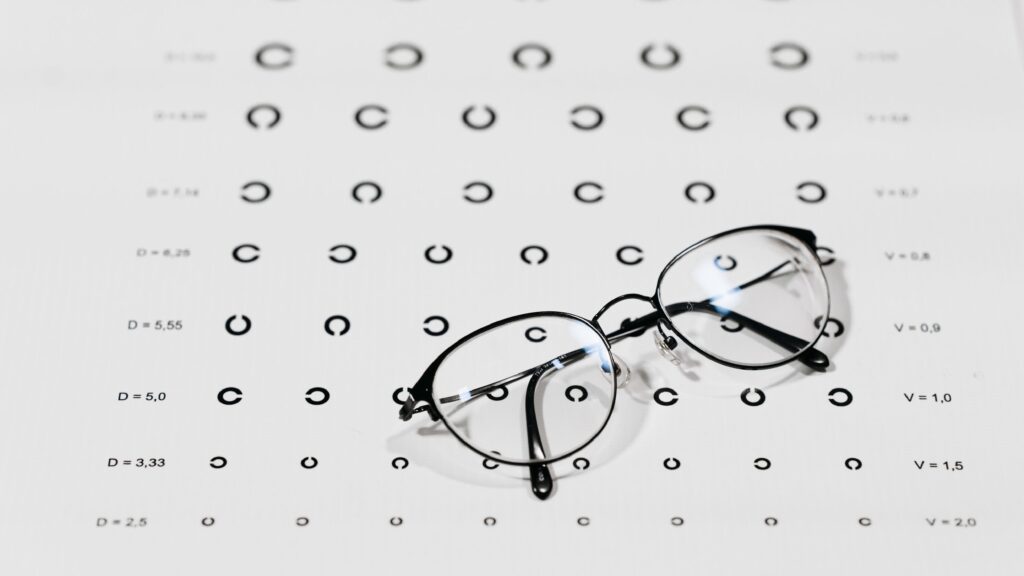Aging brings about many changes within and around the eye. Seniors should keep an eye on their eye health because of this (no pun intended, okay, fine…pun intended). These changes make regular checkups very critical in maintaining good eyesight. Eye health is not just about seeing clearly; rather, it’s about timely detection and management of conditions that might become problematic.
Are you curious why eye examinations are so important? Continue reading to find out!
3 Reasons Why Eye Exams are Important:
1. Detection of Eye Problems in their Early Stages
Eyes checking includes noticing common problems related to Glaucoma, Cataracts, and other serious eye diseases that constitute the major leading causes of vision loss, especially if their treatment is delayed. Regular examination will help find them fast and treat them in time, thus stopping the process of vision loss and enhancing quality of life.
2. Overall Health Check
It can reveal diabetes or high blood pressure that could eventually wreck your vision. Regular eye tests assist in the detection of health changes caused by such diseases, which will keep you healthier for longer periods.
3. Staying Independent
Good vision helps older adults continue performing routine tasks safely, whether reading, driving, or maneuvering around the house. Eye exams offer a quick opportunity to check for vision changes that may affect these activities and allow seniors to remain active and independent.
What To Expect During an Eye Exam:
In a comprehensive eye exam, your eye doctor will perform a series of tests to assess multiple aspects of your eye health:
• Visual Acuity Test: The measure of the sharpness of your vision at different distances. Normally, this involves reading off an eye chart.
• Dilated Eye Exam: For a proper view of the retina and other structures inside your eyes, a doctor may put eye drops to enlarge your pupils. Various conditions, like macular degeneration and diabetic retinopathy, are detected in this way.
• Intraocular Pressure Measurement: This test determines the pressure inside your eyes to check you for glaucoma.
• Peripheral Vision Test: This determines your side vision, also known as peripheral vision, which can be lost in conditions such as glaucoma.
5 Tips for Keeping Your Eyes Healthy:
1. Schedule Regular Eye Exams
The American Academy of Ophthalmology recommends that seniors have a comprehensive eye exam at least once a year. Even though you might feel that you are not experiencing any noticeable problems with your eyes, regular check-ups can help identify eye problems in their early stages.
2. Protect Your Eyes
Wear sunglasses with UV protection to shield your eyes from the sun, and consider safety glasses for activities that might put your eyes at risk.
3. Live a Healthy Lifestyle
Foods containing fruits, vegetables, and omega-3 fatty acids are good for the eyes. Exercise regularly and avoid smoking to help your eyes stay healthy.
4. Manage Chronic Conditions
Work with your healthcare professional to keep diabetes and hypertension under control. This will help your overall health as well as your sight.
5. Keep Track of Your Symptoms
Notice changes in vision such as blurriness, double vision, or the loss of the ability to see in dim light. Report these promptly to your eye doctor.
Good vision allows seniors to enjoy life even more. Regular exams catch eye problems when they can be treated so that seniors can continue enjoying activities they love. Why wait till vision problems surface? Take control of your eye health today and book an appointment. Your eyes will thank you! Stay active concerning your eye care, and you will keep on seeing life clearly and happily.
Written for Senior Industry Services by Lauren Hope Bartling

